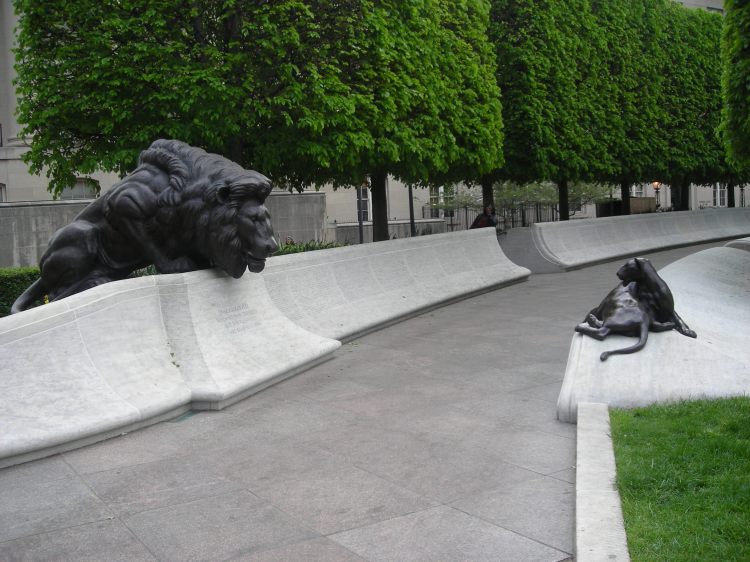
Writers have more options today than ever before to get their work “out there.” In addition to the conventional route, utilizing agents and query letters to established publishing houses, there now exists a host of small presses that are willing to take on new authors.
However, not all small presses are the same. A potential choice should be researched and evaluated before submitting one’s work. For example, one distinguishing feature about a small or indie press is that they rarely, if ever, offer to pay the author an advance. There simply is not enough money to allow for that. And be forewarned—if during your inquiry to a potential publisher, you learn there are fees involved, you should look elsewhere. Requiring the author to pay for anything, whether it’s cover design, editing, etc., is a dead giveaway that the operation is a vanity press or a self-publishing service. Some examples are AuthorHouse, iUniverse, Xlibris and Trafford. They try to disguise their identity by referring to themselves as indie publishers. Not true.
Do your homework and Google the publisher before making your final decision. Investigate whether or not there are any complaints associated with the company. Often times the complaints will appear on authors’ websites or blogs. A good resource to find any negative information is Writer Beware. If the publisher is new, or has published very few books, that should raise a red flag for you to avoid them. Check out the publisher’s website. If the site focuses more on promoting itself rather than its books and authors, that’s a good indication they are trying to attract clients.
Check the potential publisher’s pricing for printed books. If the pricing is above the norm, steer clear. Ebook pricing remains somewhat unsettled, but $9.99 seems to be the industry standard. Small presses combined with feedback from ereaders, seems to indicate a price point somewhere between $2.99 and $3.99 to be the most attractive.
Ensure that you check to see if your potential publisher has a distribution network, and that the books are available on Amazon and other major online vendors. Ingram or Baker & Taylor are the conventional wholesalers for printed books.
Marketing is important. Once your book is published, how will you get the word out that your book is published ands available for purchase? Most indies expect the author will do the bulk of marketing, by attending book fairs, signings and conventions. However, check to see if your publisher makes ARCs available (advance reading copies) to potential reviewers and endorsers. Including favorable reviews and blurbs by established writers, reviewers and celebrities will help with advertising and make your book more credible.
Many authors discover that writing the book is the easiest leg on their journey to becoming a published author. The challenge then becomes one of getting your book into the readers’ hands. If you’ve already encumbered that process by choosing the wrong publisher, you may have to go back to square one.


